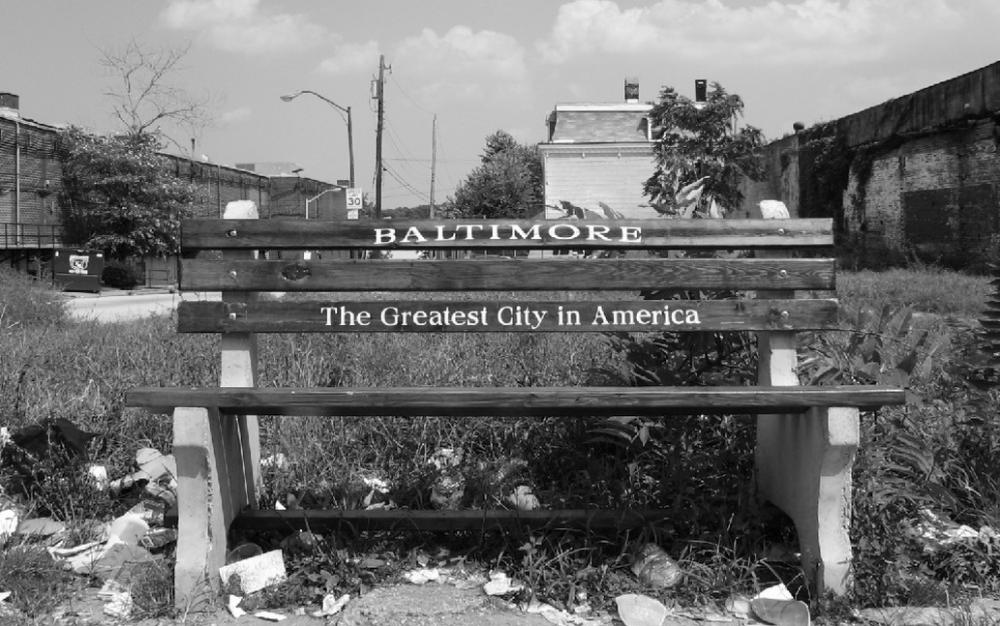In Baltimore, a tale of two cities did not begin on April 18. It began decades ago with the loss of manufacturing jobs, the diminution of a quality education system, the continued rise in the crime rate, the breakdown in the family unit, and the neglect of the city fathers to address these issues, especially in the central city.
However deplorable these conditions may be, there is no way to condone the riots and violence that the inner city experienced. The economic damage to Baltimore—the economic engine of Maryland—has been significant. The new reality, which recently evolved in Baltimore, will surely lead to changes in our society, our legal system, and our culture throughout the United States. According the 2010 U.S. Census, 42 million people or 14 percent of the people in the United States identified themselves as Black, either alone or in combination with one or more other races. This group of Americans of African descent often continue to be clustered in center city, in decaying neighborhoods where failure upon failure has been evidenced over decades. As serious as the issues are, rioting, looting, burning, and damaging property are not the solutions to any problems in this country.
As fires raged, police cars torched, rocks thrown, and windows broken, anarchy was a thought running through many minds. In this nation based on the rule of law, equal justice under law still matters.
Burning and boogying both took place in Baltimore this last week. Both revolt and victory were in the air. The rush to apply justice by the quick indictments presented by Baltimore City’s States Attorney Marilyn Mosby must not be allowed to impede the administration of equal justice under the law.
The press coverage of the unrest in Baltimore was mostly unfair and contributed to the rapidly tarnishing reputation of the city. The role of the press in America has drastically changed. No longer fair and neutral, opinion, bias, and editorializing appear to have significantly affected the events occurring in Charm City. The abrogation of responsibility by citizens, young and old, is no justification for violent acts and rejection of authority. When the rule of law fails, democracy fails.
We all know the United States is not perfect. There have always been challenges and consternation. But violence and mayhem have never been the answer for this nation, and Baltimore City is no exception.
The short- and long-range economic impact of the unrest in Baltimore will last a very long time. It will take time to evaluate the economic loss endured by the city of Baltimore.
In addition to economic issues, the issue of class has been highly evident and dramatically apparent in the Baltimore demonstrations; violence has brought this issue to the attention of all citizens in the entire nation.
Certainly the elections to be held in 2016 will be affected the events of last week in Baltimore. Both the Democrat and Republican parties will be forced to address this American dilemma. One more issue piled on a plateful of serious issues, both foreign and domestic, to be debated and reviewed as the upcoming election nears.
Perhaps the tale of two cities—or two very different faces of the same city as so vividly demonstrated in Baltimore—will serve as notice that this nation is indeed changing. We are living with a new reality and a new dynamic. Let us hope that this new reality will allow the United States to survive, thrive, and meet the needs and dreams of all citizens.
This reality will take a new vision and a new understanding while maintaining our democracy and the rule of law.



Write a Letter to the Editor on this Article
We encourage readers to offer their point of view on this article by submitting the following form. Editing is sometimes necessary and is done at the discretion of the editorial staff.